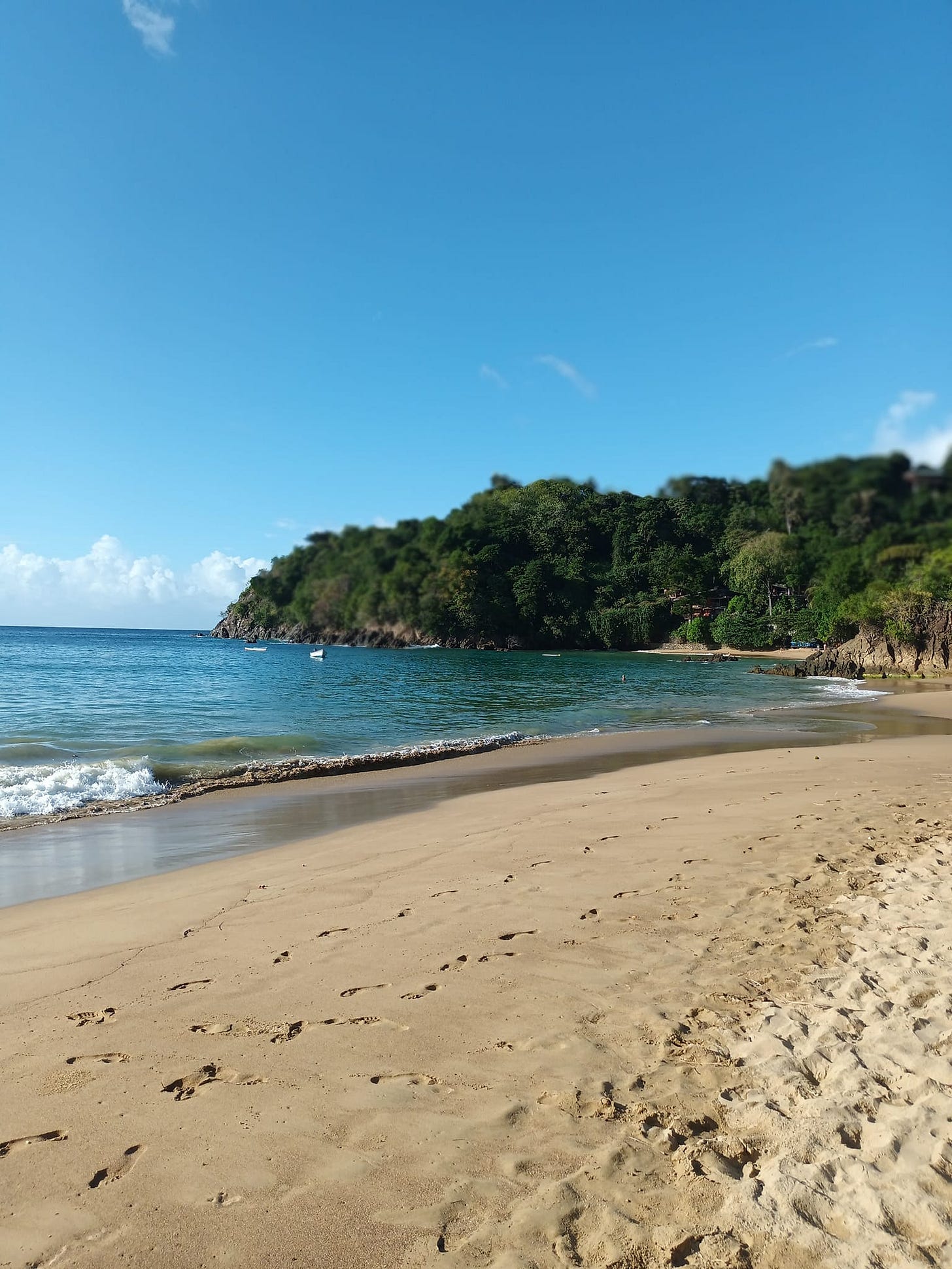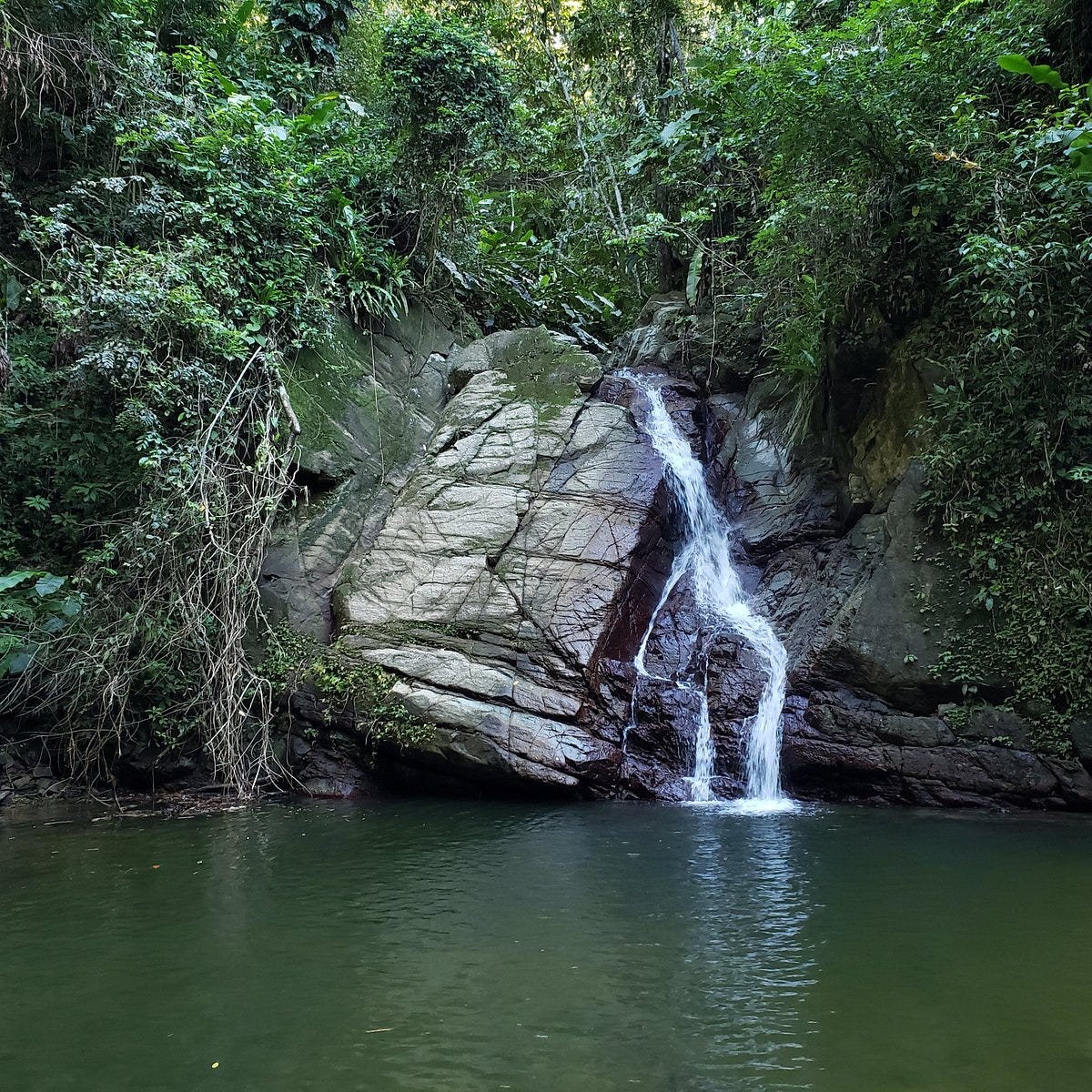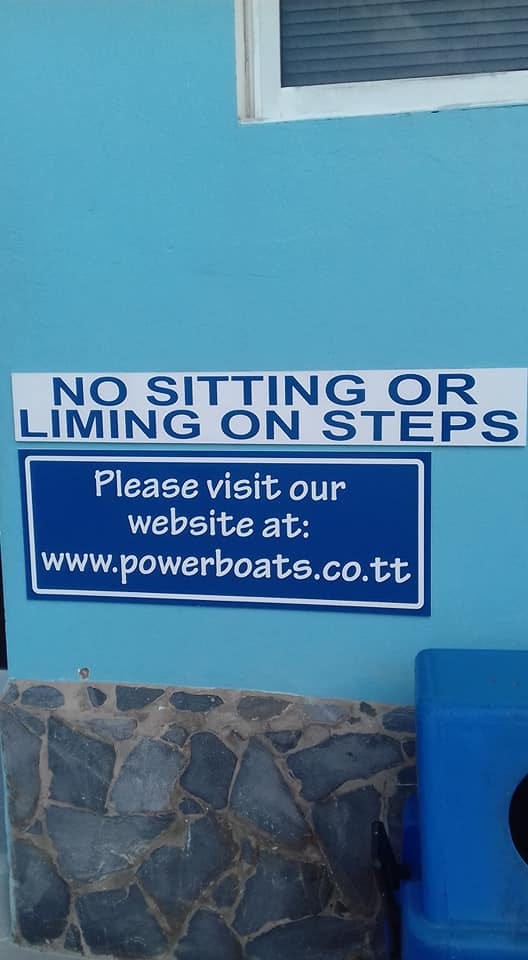As a youth, many years ago, my favourite book was The Coral Island by R.M. Ballantyne, which was the story of three youths cast ashore on a deserted coral island in the Pacific. The book, which I reread in adulthood, is a very odd confection of adventure story for boys and evangelical tract, spiced with (I did not notice this as a child) some rather obvious homoeroticism, thanks to the constant reference to the physical appearance of the teenage heroes Jack, Ralph and Peterkin. The Coral Island is a Garden of Eden story, at least in part, until the savage cannibals turn up. Jack, Ralph and Peterkin are prelapsarian characters: they do not have to eat food in the sweat of their brow, but find plenty to eat without much effort, they frequently dispense with clothes, they have no sexual feelings, and above all they get on superbly with each other, unlike Cain and Abel.
All this was exploded for us with the grim send up of the book that is Lord of the Flies. William Golding makes his boys prepubescent, so he can avoid any sexual shenanigans, which is just as well. His novel tells us the truth that everyone has been in a school playground must know: children can be nasty.
Both books, and the same goes for the works of Rousseau and the foundational book in the genre in English, Robinson Crusoe (another book I loved), are really meditations on Original Sin, though most readers will not pick this up. Rousseau denies it exists, being a child of the Enlightenment; Ballantyne certainly believes in it, but he also, as a Calvinist, sees his heroes among the Elect of God, and not sinners; the Reprobate, the opposite of the Elect, are the cannibals who arrive later on in the book. William Golding’s position is the most Catholic: we are all sinners, but presumably we can behave well in the right environment with the right encouragement, and, one hopes, the grace of God, which is prominent only in its absence.
I am thinking about this right now because I am in a terrestrial paradise called Castara in Tobago. Castara boasts of a splendid beach, a rainforest, a waterfall in the rainforest, and lots of very friendly people, all of whom greet you as you walk down the road. If you remember that old advert for Bounty (‘They came in search of Paradise…’) well, Castara is as near as you will get. It is a leisured and easeful place, where the main activity seems to be ‘liming’, which is a West Indian term meaning to achieve a deep sense of relaxation: to do nothing, and enjoy the experience, rather than think that you ought to be doing something. I suppose, when we get to Heaven we will enjoy the beatific Vision which is a sort of liming with God. Until then we are distracted by distraction from distraction. But not in Castara, a foretaste of Heaven. You find here the world you first read about in The Coral Island or Robinson Crusoe.
Why has the Eden myth persisted in the present secular and irreligious age? Why is belief in Original Sin still a big divider in modern politics? Essentially the left refuses to believe in Original Sin, while the right cleaves to it. I have often been surprised by the hostility of leftists to those who doubt the myth of human perfectibility and the inevitability of social progress. But there can be no doubt that this is the great divider in modern thought, and effects our attitudes to crime, punishment, immigration, education, taxation and welfare - the list is endless. Tourism too leaches off the Eden myth.
One needs to remember that in the Biblical story Eden is irretrievably lost and there can be no going back there. That is the point of these two verses at the end of the third chapter of Genesis. ‘The LORD God therefore banished him from the garden of Eden, to till the ground from which he had been taken. When he expelled the man, he settled him east of the garden of Eden; and he stationed the cherubim and the fiery revolving sword, to guard the way to the tree of life.’ Life is now east of Eden, and we should not delude ourselves. There is no going back. There are flashes of the memory of our lost Eden, but these are, if anything, only a reproach.
In the east of Eden world, crime is a reality; it is not caused primarily by poverty, because plenty of poor people never dream of crime; but it is is caused by lust and greed, and if we underestimate the power of these passions we cannot understand crime. The criminal, particularly the Mafioso, has given way to his desires for money, power and women along with that rather nebulous concept of ‘respect’. He wants to be feared, he wants to dominate, he wants, perversely, to be loved. He wants to be someone, not a member of the community, but someone above the community. As the story of the Fall makes clear, the lust for power is the overriding human sin. ‘Yet your urge shall be for your husband, and he shall be your master,’ Eve is told by God. The family of Eden, once so equitable, now becomes a structure of oppression. And the Mafia family must be the most dramatic everyday monument to Original Sin that humanity has constructed.
Sicily was once regarded as a terrestrial paradise, and with good reason. It was the place where northern Europeans could get away from all the things that oppressed them. Oddly, none of these northerners ever seemed to notice the reality of Sicilian life. I have written about this before. Remember, your vision of Paradise may not be like that for the people who live there all the time!
Postscript: I am here in Tobago working on my next trilogy. If you have read the first trilogy, please do pop over the Amazon and give them a rating, which only takes a minute; a review would be lovely and much appreciated. the links to the books are here:






